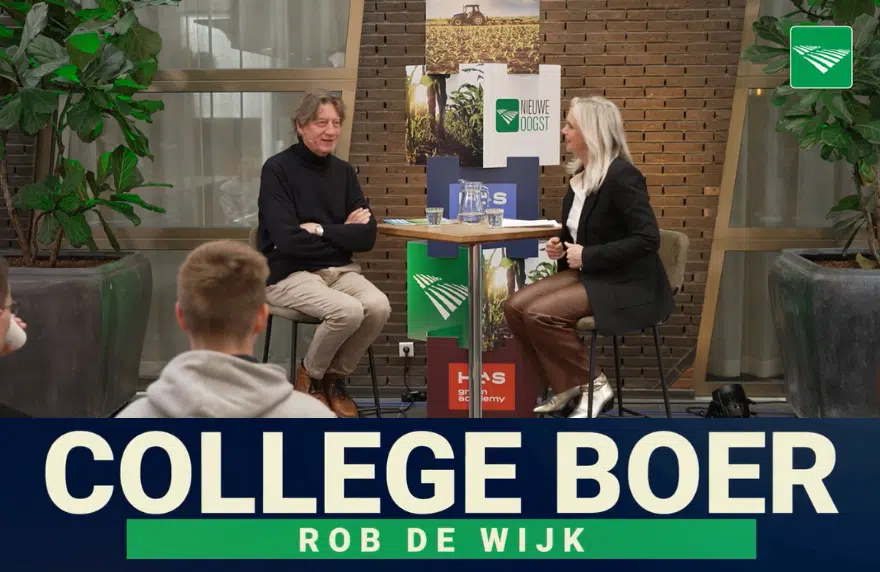De verlenging van de graandeal tussen Oekraïne en Rusland kwam moeizaam tot stand. Want Rusland stelde harde voorwaarden. Zo moest de agrarische Rosselkhozbank weer worden aangesloten op het internationale betalingssysteem SWIFT, moesten schepen die Russische havens aandoen weer verzekerd kunnen worden en moest de Russische kunstmestindustrie weer op gang kunnen komen door het vrijgeven van tegoeden en de ingebruikneming van een ammoniakpijpleiding naar Odessa.
De deal werd als een overwinning voor Afrika gezien, maar in werkelijkheid heeft deze daar weinig mee te maken. Bijna de helft van de Oekraïense voedselexporten gaat naar rijke landen, waaronder Nederland. Een kwart gaat naar middeninkomen-landen zoals Turkije en China en het resterende kwart gaat naar armere landen waaronder Egypte. Kenia en Soedan ontvangen elk 2 procent. Je kunt dus moeilijk volhouden dat door deze graandeal de hongersnood in de hoorn van Afrika stopt. Daar lijden door de ergste droogte in veertig jaar, politieke instabiliteit en hoge voedselprijzen 36.4 miljoen mensen honger en zijn 21,7 miljoen mensen afhankelijk van voedselhulp. De VN erkent dat de deal weinig voor Afrika doet. Hooguit indirect. Want door de graandeal dalen de prijzen. Dat is ook goed voor Afrika, is de redenering.
Die hoge prijzen hadden overigens weinig van doen met absolute schaarste, maar meer met speculatie. Handelaren kochten graan op in de hoop die met winst te kunnen verkopen. Dat is een cynische constatering in een wereld waarin 345 miljoen mensen in ruim 80 landen een acuut probleem met de voedselvoorziening hebben en voor 50 miljoen mensen in 45 landen een hongersnood dreigt als er geen noodhulp komt.
Eigenbelang speelde ook binnen de Europese Unie, waarin een aantal Midden- en Oost-Europese landen onder aanvoering van Polen eenzijdig Oekraïne importrestricties oplegden om hun eigen boeren te beschermen. Hoezo solidariteit met een door oorlog geteisterd land waar de voedselproductie met dertig procent is teruggelopen? En sinds wanneer bepalen landen unilateraal importrestricties? Dit is de taak van de EU. Dat hebben we zo afgesproken om binnen Europa een gelijk speelveld te krijgen en de interne markt te beschermen.
Onder druk van deze chantage besloot Brussel dat agrarische producten uit Oekraïne tijdelijk in Bulgarije, Hongarije, Polen, Roemenië en Slowakije mogen worden geweerd. De eis was begrijpelijk, maar unilaterale maatregelen slopen de interne markt die ook in het voordeel van boeren in die landen is.
En zo heeft de oorlog in Oekraïne ongekende neveneffecten die weinig met solidariteit van doen hebben.





